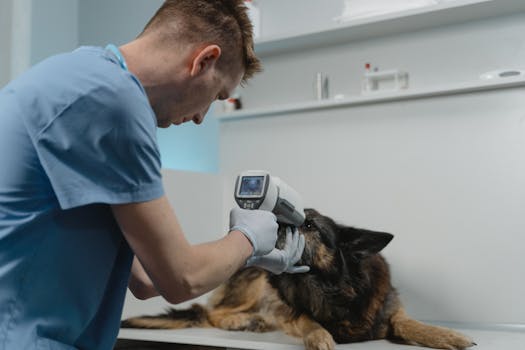To become a surgeon you'll need to complete:
- a degree in medicine recognised by the General Medical Council
- a 2-year foundation programme of general training
- core surgical training in a hospital which takes 2 years
- specialist training which can take up to 6 years
A medical degree normally takes 5 years to complete. Some courses have the option to include an extra year if you want to study a subject further. This is called an intercalated year.
You might be able to study a foundation year before starting a medical degree. This will depend on your circumstances or if you have not studied enough sciences. Check with the admissions department where you want to study.
If you already have a degree, you could take a 4-year graduate entry route into medicine. There’s lots of competition and entry requirements vary, so check with the admissions department where you want to study.
Entry tests
When you apply for a course in medicine, you may be asked to take the University Clinical Aptitude Test (UCAT).
It tests the skills you'll need on the course, like critical thinking, problem solving, data analysis, communication and scientific knowledge.
Work experience
Medical schools will also expect you to have some relevant paid or voluntary work experience. The British Medical Association provides information on how to find a placement.
Entry requirements
You'll usually need:
- at least 5 GCSEs grades 9 to 7 (A* or A), including English maths and sciences
- 3 A levels, or equivalent, including biology and chemistry





